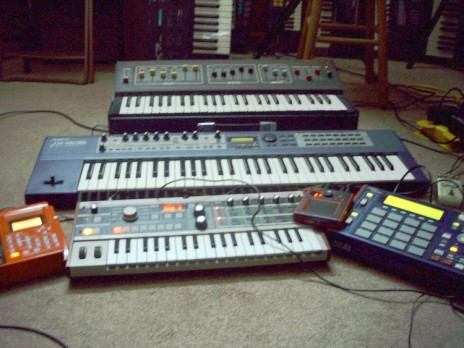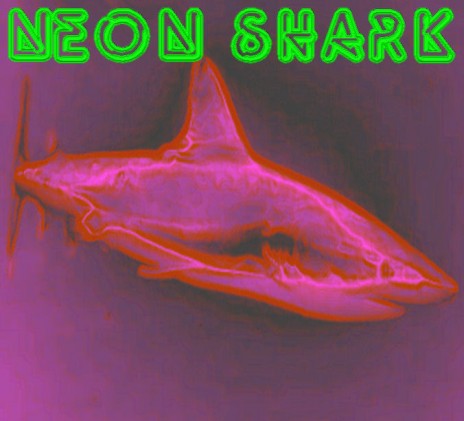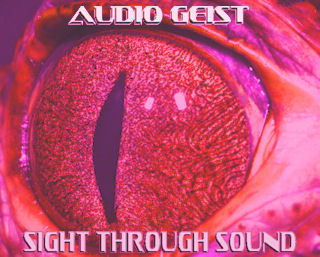"Digital music downloads and the stupefaction of a generation of listeners
Regardless of which company and algorithm is the best, one thing is certain. No matter how the previously discussed principles are implemented and no matter how inventive each company's programmers are, there is no way for the above principles to support the over 90 percent reduction of information required to go from a CD-quality file to a standard mp3. In other words, reducing data rates from CD quality (1411 kbits/sec.) to the standard downloadable-music-file quality (128 kbits/sec.) is impossible without a noticeable deterioration in sound quality.
In fact, the 139th meeting of the Acoustical Society of America devoted an entire session on the matter, with multiple acousticians and music researchers presenting their perceptual studies on the relationship between compression-data rates and sound quality. Based on these and other, more recent, relevant works, it appears that data rates below ~320 kbits/sec. result in clearly noticeable deterioration of perceived sound quality for all sound files with more than minimal frequency, dynamic, and spatial spread ranges. (E.g. listening to early Ramones at low or high data rates will not make as much of a difference as listening to, say, the Beatles' "Sergeant Pepper" album.) Such low data rates cannot faithfully represent wide ranges of perceivable frequency, intensity, and spatial-separation changes, resulting in 'mp3s' that include only a small proportion of the sonic variations included in the originally recorded file.
As data rates drop, there is a gradual deterioration in
a) frequency resolution (loss of high frequencies, translated as loss of clarity),
b) dynamic range (small, dynamic changes become noninterpretable by the compressed file, resulting in flatter 'volume' song profiles), and
c) spatial spread (loss of cross-channel differences, resulting in either exaggeration or loss of stereo separation).
When this degradation of sound quality is combined with the fact that most young listeners get their music only online, what we end up with is a generation of listeners that is exposed to, and therefore 'trained' in, an impoverished listening environment. Prolonged and consistent exposure to impoverished listening environments is a recipe for cognitive deterioration in listening ability. That is, in the ability to focus attention on and be able to tell the difference between fine (and, if we continue this way, even coarse) sound variations.
Such deterioration will not only affect how we listen to music but also sound perception and communication in general, since our ability to tell the difference between sound sources (i.e. who said what) and sound source locations (i.e. where did the sound come from) is intricately linked to our ability to focus attention on fine sound-quality differences.
What you should do
a) Do not listen to music exclusively in mp3 (or any other compressed) format.
Go to a live concert! Listen to a CD over a good home sound system, set of headphones, or car stereo!
b) Unless a piece of music is not available in another format, do not waste your money on iTunes or any other music download service, until such services start offering data rates greater than 300 kbits/sec.
c) When you load CDs on your iPod or other devise, select the uncompressed conversion rate (e.g. .wav or .aif formats). If you don't have the hard disk space on your player to do this, convert at the highest available data rate (currently 320kBits/sec on iTunes).
d) Finally, get a good pair of headphones for your mp3 player! The headsets given out with iPods and most mp3 players are of such bad quality that they essentially create a tight bottleneck to the quality of your digital files and players. The response of these headphones has been designed to match the low quality of popular iTunes or other mp3 files (128 kbits/sec).
Mp3-player manufacturers do this for two wise (for them) reasons:
i) poor quality headsets are cheap to produce and good enough to reproduce the poor quality mp3s files you are fed, and
ii) poor quality headsets prevent you from creating/requesting music files at higher data rates because when listening over such headphones you cannot even tell the difference between good and bad sound quality.
Well, what can I say? Wake up and listen to the music!"


